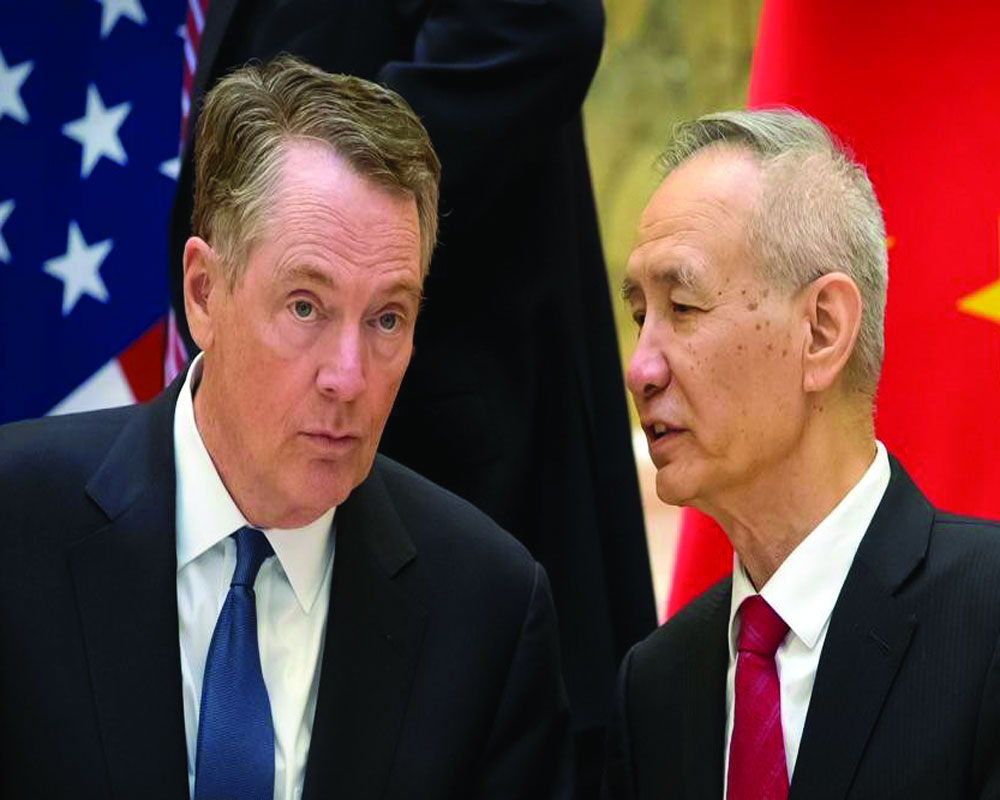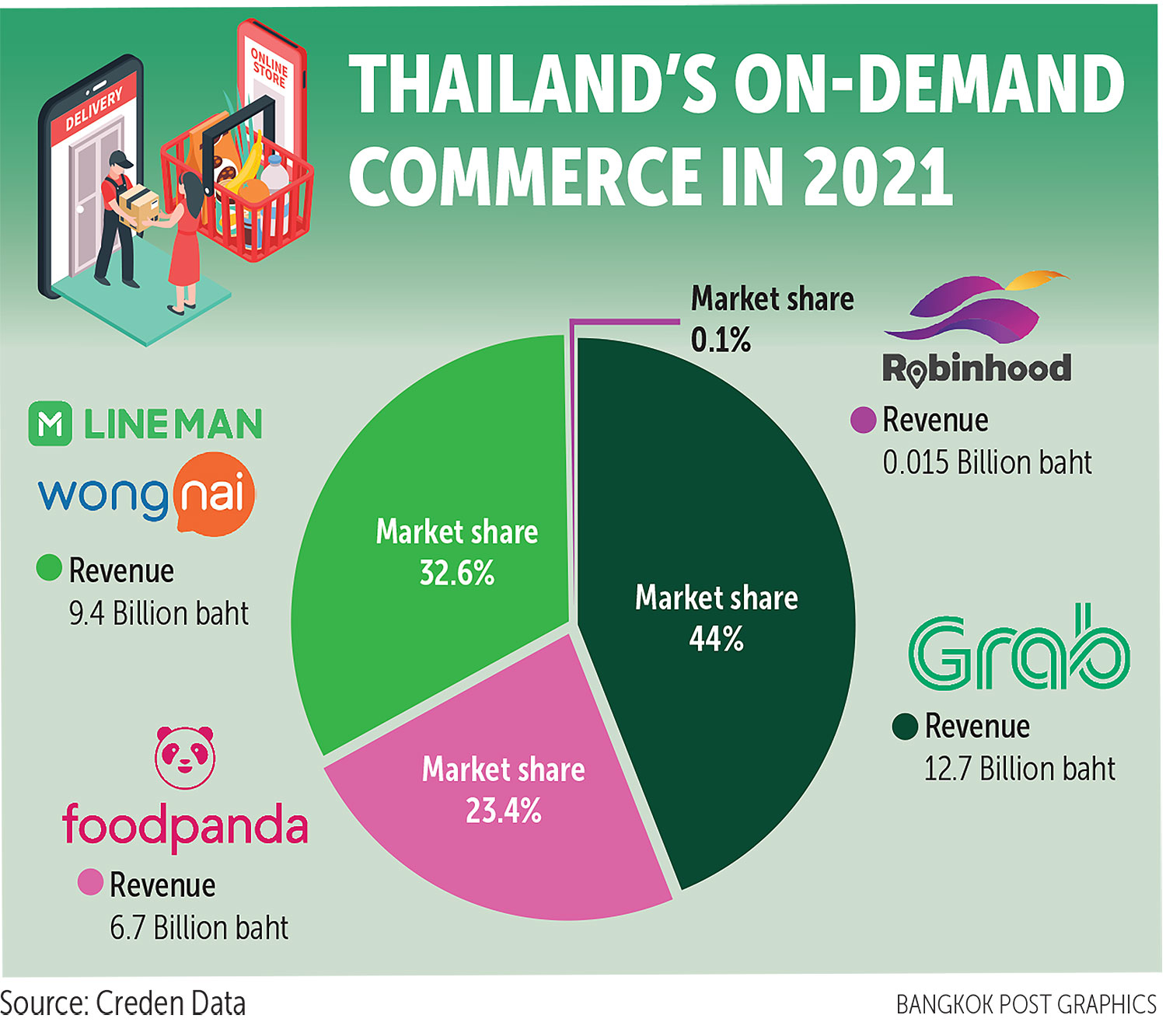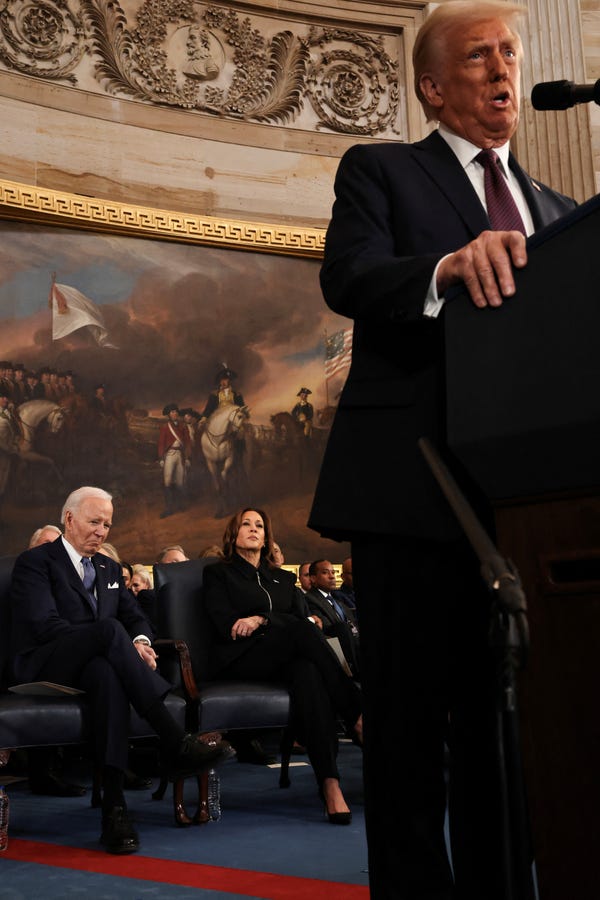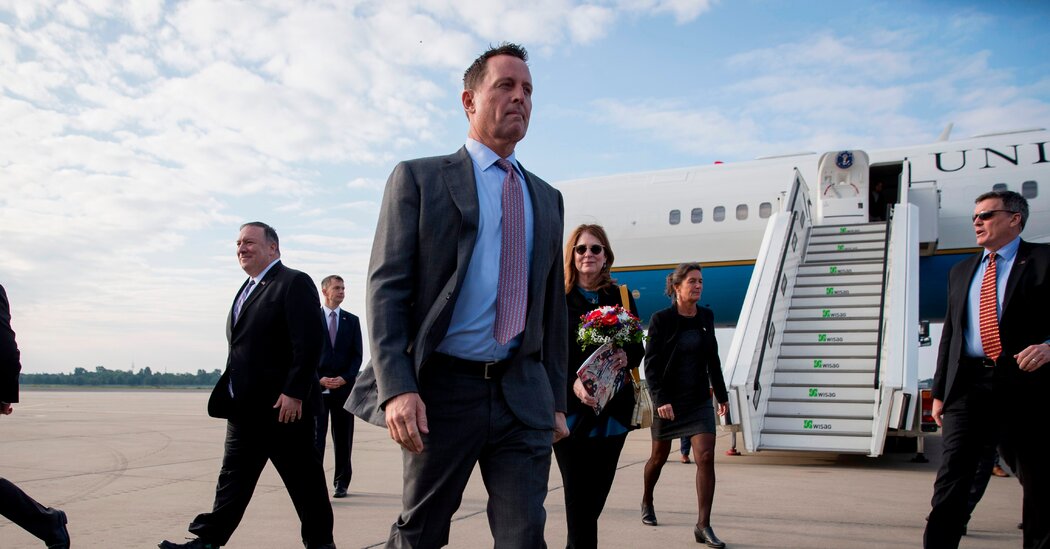Trump's Legacy: A Herculean Task For The Next Fed Chair

Table of Contents
The Trump Tax Cuts and their Long-Term Effects
The Trump administration's signature legislative achievement, the Tax Cuts and Jobs Act of 2017, significantly reduced both individual and corporate tax rates. While proponents argued it would stimulate economic growth, its long-term effects remain a subject of intense debate.
Fiscal Stimulus and the National Debt
The tax cuts fueled a substantial increase in the national debt. The reduction in government revenue, coupled with increased government spending, led to a widening budget deficit.
- Increased deficit spending: The annual budget deficit soared during the Trump administration, adding trillions to the national debt.
- Long-term debt sustainability concerns: The rapidly growing national debt raises concerns about long-term economic stability and the ability of future governments to meet their obligations.
- Impact on future government spending programs: The rising debt could necessitate cuts to crucial government programs in the future, impacting areas like healthcare, education, and infrastructure.
Data from the Congressional Budget Office reveals a dramatic increase in the national debt-to-GDP ratio during this period. This necessitates a careful analysis of the trade-offs between short-term economic stimulus and long-term fiscal sustainability.
Corporate Tax Cuts and Investment
The reduction in the corporate tax rate from 35% to 21% was intended to boost business investment, job creation, and wage growth. While corporate profits increased, the impact on job creation and wages has been less pronounced.
- Increased corporate profits: Many large corporations saw a significant increase in their profits following the tax cuts.
- Repatriation of overseas funds: The tax cuts incentivized some companies to repatriate funds held overseas, providing a temporary boost to investment.
- Impact on small businesses: The benefits of the tax cuts were not evenly distributed, with smaller businesses often facing challenges accessing capital and benefiting from the changes.
- Wage stagnation debate: While some companies increased wages, many others used the extra profits for stock buybacks or increased shareholder dividends, leading to debates about wage stagnation. The actual impact on average wages requires further, detailed analysis.
Trade Wars and Global Economic Uncertainty
President Trump's "America First" approach to trade led to significant trade disputes, particularly with China. The imposition of tariffs on imported goods had far-reaching consequences.
The Impact of Tariffs
The trade war with China resulted in significant tariffs on various goods, leading to increased prices for consumers and disruptions to global supply chains.
- Increased prices for consumers: Tariffs increased the cost of imported goods, leading to higher prices for consumers and contributing to inflation.
- Disruptions to global supply chains: The trade war disrupted global supply chains, leading to shortages and delays in the delivery of goods.
- Retaliatory tariffs: China and other countries responded with retaliatory tariffs, impacting American exports and specific industries.
- Impact on specific industries: Industries like agriculture and manufacturing were disproportionately affected by the trade wars, facing reduced exports and increased competition.
Re-negotiating Trade Deals
The Trump administration renegotiated the North American Free Trade Agreement (NAFTA), replacing it with the United States-Mexico-Canada Agreement (USMCA). While touted as a win for American workers, its long-term economic impact is still being assessed.
- Changes in trade agreements: The USMCA introduced changes to labor standards, intellectual property protections, and dispute resolution mechanisms.
- Impact on specific industries: The impact of the USMCA varied across different industries, with some benefiting from increased access to markets while others faced challenges.
- Effects on international relationships: The renegotiation of trade deals impacted the US's relationships with its trading partners, creating both opportunities and challenges.
Deregulation and its Potential Consequences
The Trump administration pursued a policy of deregulation across various sectors, rolling back regulations implemented after the 2008 financial crisis and in other areas like environmental protection.
Financial Deregulation and Systemic Risk
The rollback of financial regulations raised concerns about increased systemic risk and the potential for another financial crisis.
- Reduced consumer protections: Some consumer protections were weakened, potentially leaving consumers more vulnerable to predatory lending practices.
- Increased risk-taking by financial institutions: Reduced regulatory oversight may have encouraged increased risk-taking by financial institutions.
- Potential for future financial crises: The long-term consequences of financial deregulation remain a source of significant concern for economists and policymakers.
Environmental Deregulation and its Economic Implications
The Trump administration's environmental deregulation policies have raised concerns about long-term economic costs and environmental sustainability.
- Increased pollution: Relaxing environmental regulations led to increased pollution levels, potentially impacting public health and environmental quality.
- Long-term environmental costs: The long-term costs associated with environmental damage could outweigh any short-term economic benefits from deregulation.
- Impact on renewable energy investments: Changes to environmental regulations may have negatively affected investments in renewable energy and sustainable technologies.
- Potential for climate-related economic shocks: Ignoring climate change could lead to significant economic shocks in the future, affecting infrastructure, agriculture, and other key sectors.
Conclusion
The economic legacy of the Trump administration presents a complex and challenging landscape for the next Fed Chair. Navigating the consequences of significant tax cuts, trade wars, and deregulation requires a nuanced understanding of macroeconomic principles and a commitment to fostering sustainable economic growth while mitigating potential risks. The next Fed Chair must carefully consider the long-term effects of these policies on the national debt, inflation, and global economic stability. Successfully managing Trump's economic legacy will be a truly herculean task, demanding astute policymaking and a careful balance between short-term gains and long-term sustainability. Understanding the intricacies of Trump's economic legacy is crucial for anyone seeking to comprehend the current economic climate and the challenges faced by future policymakers.

Featured Posts
-
 Tom Cruises Death Defying Stunt In Mission Impossible
Apr 26, 2025
Tom Cruises Death Defying Stunt In Mission Impossible
Apr 26, 2025 -
 Tom Cruises Death Defying Mission Impossible 8 Stunt Hanging From A Biplane
Apr 26, 2025
Tom Cruises Death Defying Mission Impossible 8 Stunt Hanging From A Biplane
Apr 26, 2025 -
 The Military Base At The Center Of Us China Competition
Apr 26, 2025
The Military Base At The Center Of Us China Competition
Apr 26, 2025 -
 Africas Workforce Transformation Climate Change And The Green Economy
Apr 26, 2025
Africas Workforce Transformation Climate Change And The Green Economy
Apr 26, 2025 -
 Floridas Allure A Cnn Perspective
Apr 26, 2025
Floridas Allure A Cnn Perspective
Apr 26, 2025
Latest Posts
-
 Bangkok Post The Fight For Transgender Equality Continues
May 10, 2025
Bangkok Post The Fight For Transgender Equality Continues
May 10, 2025 -
 Discussions On Transgender Equality Intensify Bangkok Post Reports
May 10, 2025
Discussions On Transgender Equality Intensify Bangkok Post Reports
May 10, 2025 -
 Experiences Of Transgender Individuals Under Trumps Executive Orders
May 10, 2025
Experiences Of Transgender Individuals Under Trumps Executive Orders
May 10, 2025 -
 Bangkok Post Reports On The Mounting Pressure For Transgender Rights
May 10, 2025
Bangkok Post Reports On The Mounting Pressure For Transgender Rights
May 10, 2025 -
 The Impact Of Trumps Presidency On Transgender Rights
May 10, 2025
The Impact Of Trumps Presidency On Transgender Rights
May 10, 2025
